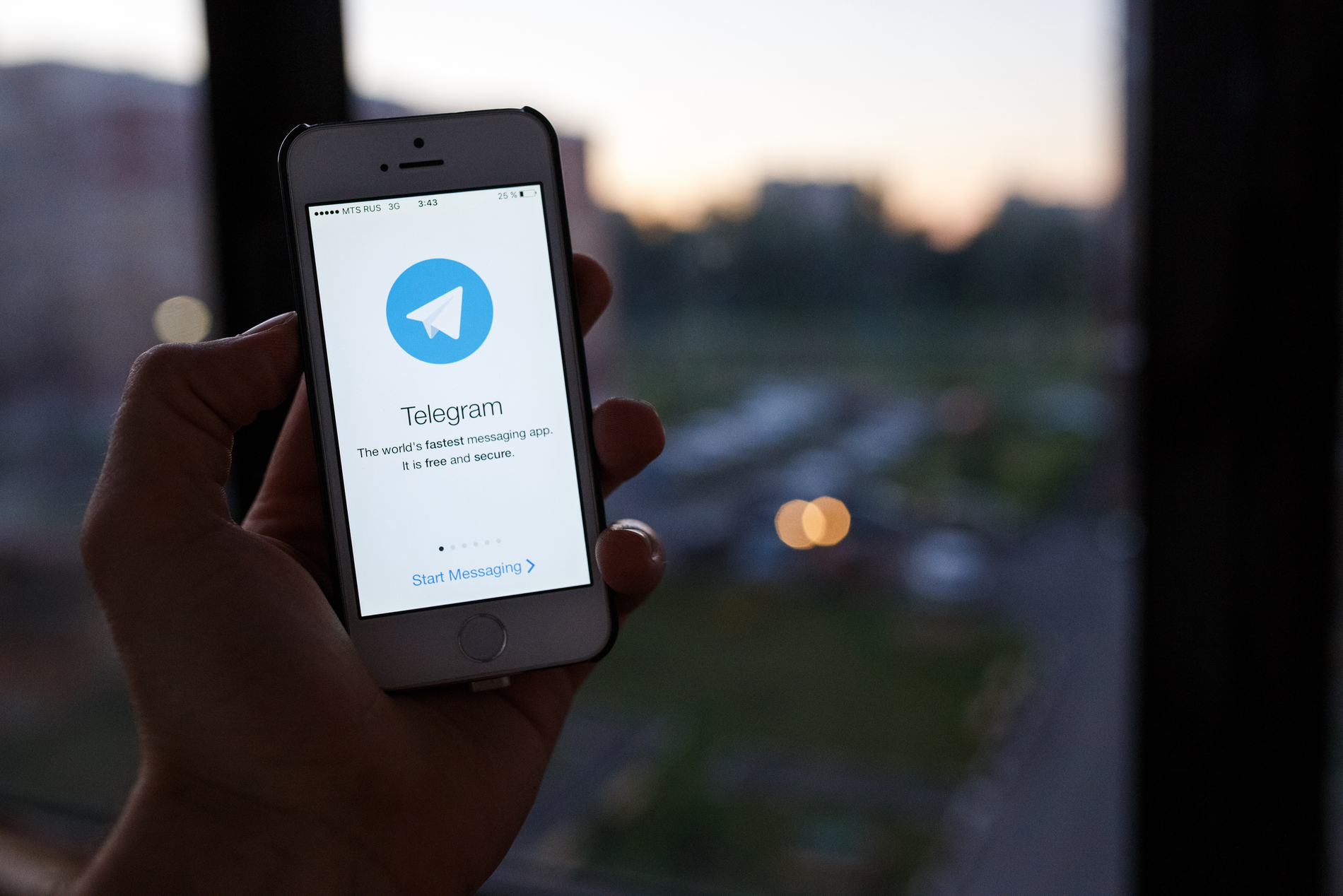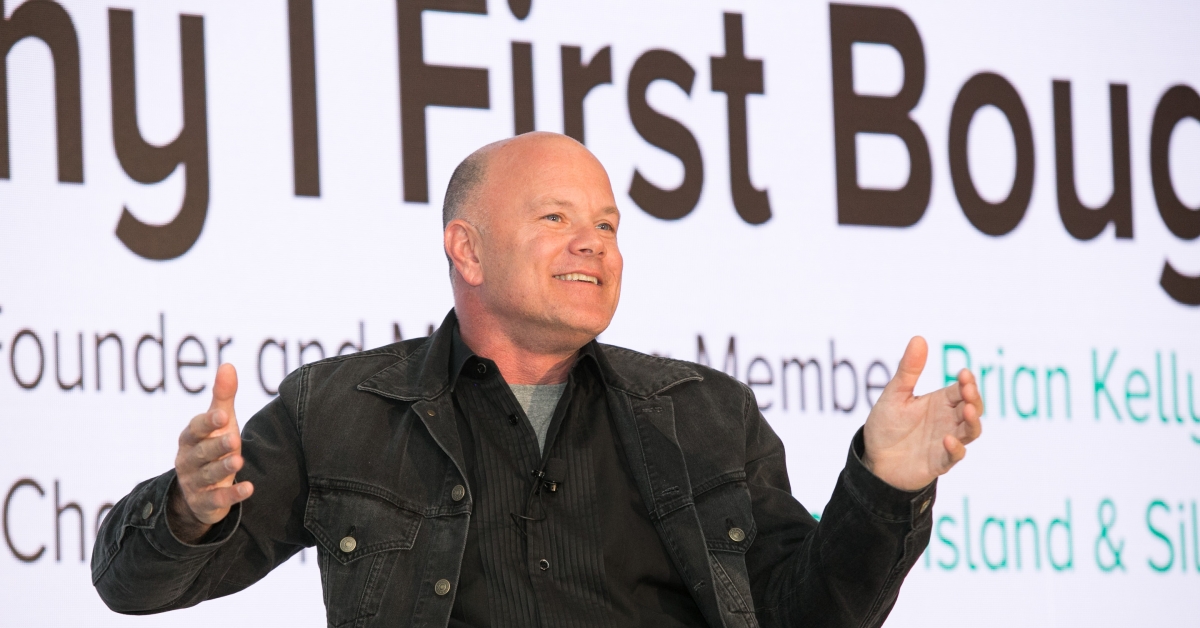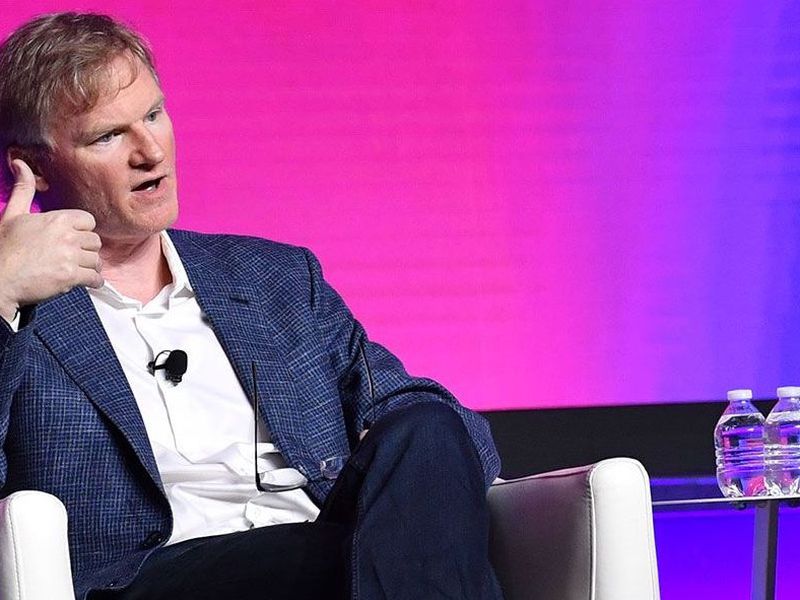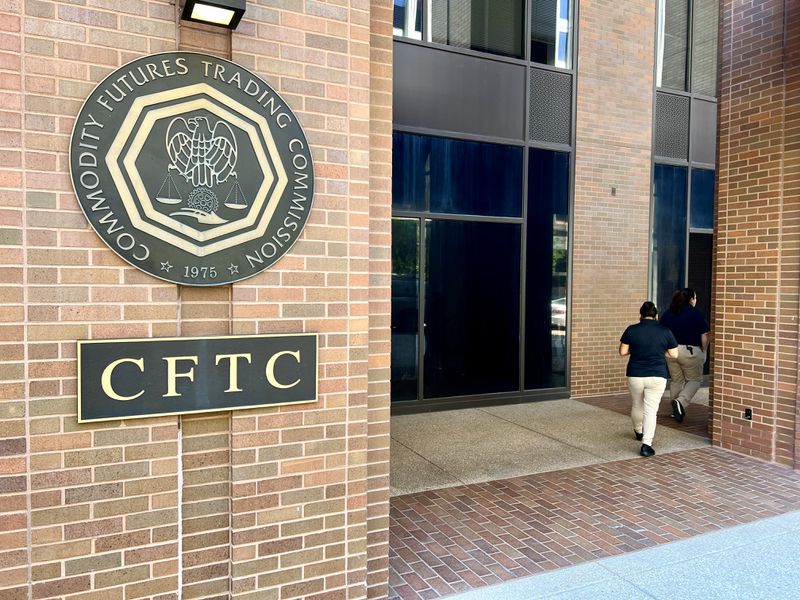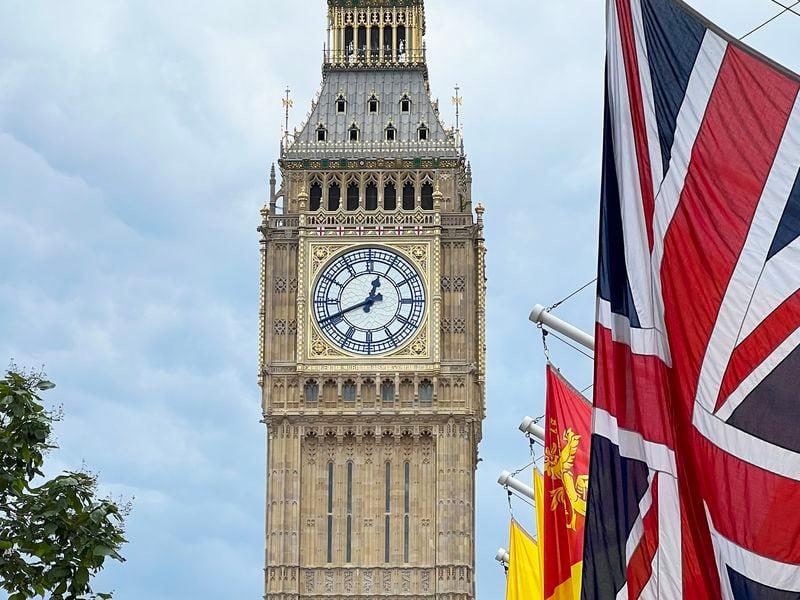How US Investors Are Buying Bitfinex’s Blocked LEO Cryptocurrency

U.S. investors have been able to purchase Bitfinex’s LEO exchange tokens, if only indirectly.
Seattle-based Arrington XRP Capital and Los Angeles-based Arca both said they invested in LEO tokens, despite Bitfinex’s stated policy of refusing to sell them to U.S. residents or entities.
Both investment management firms told CoinDesk that, rather than purchasing the tokens from Bitfinex, they acquired them, legally, from third parties.
The distinction is important because, in an ongoing court battle with the New York Attorney General (NYAG), Bitfinex maintains that it banned U.S. individuals from its platform in August 2017 and U.S. corporates a year later.
In arguing that it has jurisdiction in the case, the NYAG claims the exchange did business with New York entities as recently as early 2019.
‘Brick wall’
Michael Arrington, a partner at Arrington XRP Capital, told CoinDesk that although his firm is registered in the Cayman Islands, he is an American. As such, Arrington XRP Capital purchased the tokens through a third party.
Bitinfex was “strict in not selling to Americans, and even though we aren’t a U.S. fund I don’t think we would have been approved because I’m American,” Arrington said, adding:
“We hit a brick wall trying to do it directly.”
Similarly, Jeff Dorman, chief investment officer at Arca, tweeted this month that his firm, which is registered in the British Virgin Islands, had invested in LEO.
A spokesperson for the firm told CoinDesk that “Arca legally obtained LEO tokens through a third party” and confirmed that Dorman is a U.S. resident.
While the NYAG maintains Bitfinex has been doing business in New York longer than the exchange says, it has stopped short of claiming LEO tokens were directly sold to U.S. investors. Perhaps preemptively, Bitfinex general counsel Stuart Hoegner denied doing so in court papers filed Monday.
“LEO tokens were not available to the general public and were not offered to any United States customers or to foreign [eligible contract participants] with shareholders that reside in the United States,” he wrote. “LEO tokens also may not be traded on the Bitfinex platform by any United States persons.”
A Bitfinex spokesperson told CoinDesk in early July that he “believed” no U.S. resident could purchase LEO tokens.
Token launch
Bitfinex announced it was launching its own exchange token earlier this year, after the NYAG office accused it of covering up an $850 million loss.
The crypto exchange lost access to its funds, which were held by payment processor Crypto Capital, last October. Crypto Capital’s operators were indicted on criminal charges in April.
To cover the shortfall, Bitfinex borrowed funds from stablecoin issuer Tether, issuer of USDT, a stablecoin that was supposed to backed 1-for-1 with U.S. dollars and cash equivalents.
As part of its efforts to pay Tether back, Bitfinex held an initial exchange offering in May, claiming to raise $1 billion by selling LEO tokens.
The idea behind the token is that Bitfinex would use the proceeds from the sale to repay Tether, and use its own revenue, over time, to repurchase and burn LEO, thereby making all investors whole. In the meantime, LEO can be used to secure trading-fee discounts on Bitfinex, similar to exchange tokens issued by Binance and others.
The LEO white paper said U.S. residents and entities would be barred from purchasing.
Image: Michael Arrington at Consensus: Invest 2017 via CoinDesk archives

